Concerned about “how long does THCA stay in your system”? On average, it ranges from a few days to over a month, varying based on metabolism, body weight, usage frequency, and consumption method. This article dives into these aspects to explain how long THCA might be detectable in your system.
Key Takeaways
- THCA is a non-psychoactive compound found in raw cannabis that converts to THC when exposed to heat through a process called decarboxylation.
- The duration THCA remains in the system varies based on factors such as metabolism, BMI, and frequency of use, ranging from a few days for infrequent users to over 30 days for heavy users.
- Most standard drug tests do not detect THCA specifically but target THC and its metabolites; however, if THCA converts to THC through heating, it may result in a positive test.
What is THCA?
Tetrahydrocannabinolic acid (THCA) is a non-psychoactive precursor to THC found abundantly in raw cannabis. Unlike its well-known counterpart, THC, THCA does not produce a high when consumed in its raw form. This is because THCA lacks the psychoactive properties that THC is famous for. Fresh, undried cannabis plants are particularly rich in THCA, making it a prominent compound in raw cannabis buds.
Nonetheless, the narrative of THCA unfolds further. It transforms into the psychoactive THC when subjected to heat, a process referred to as decarboxylation. This transformation is what happens when you smoke, vape, or cook cannabis, effectively converting the non-psychoactive THCA into the psychoactive THC. This process results in the formation of THC through the removal of a carboxyl group from the THCA molecule.
Consuming THCA in its raw form, such as through raw cannabis or certain types of edibles, will not produce a high. This unique property of THCA makes it an intriguing compound for research and consumption, offering potential benefits without the psychoactive effects associated with THC.
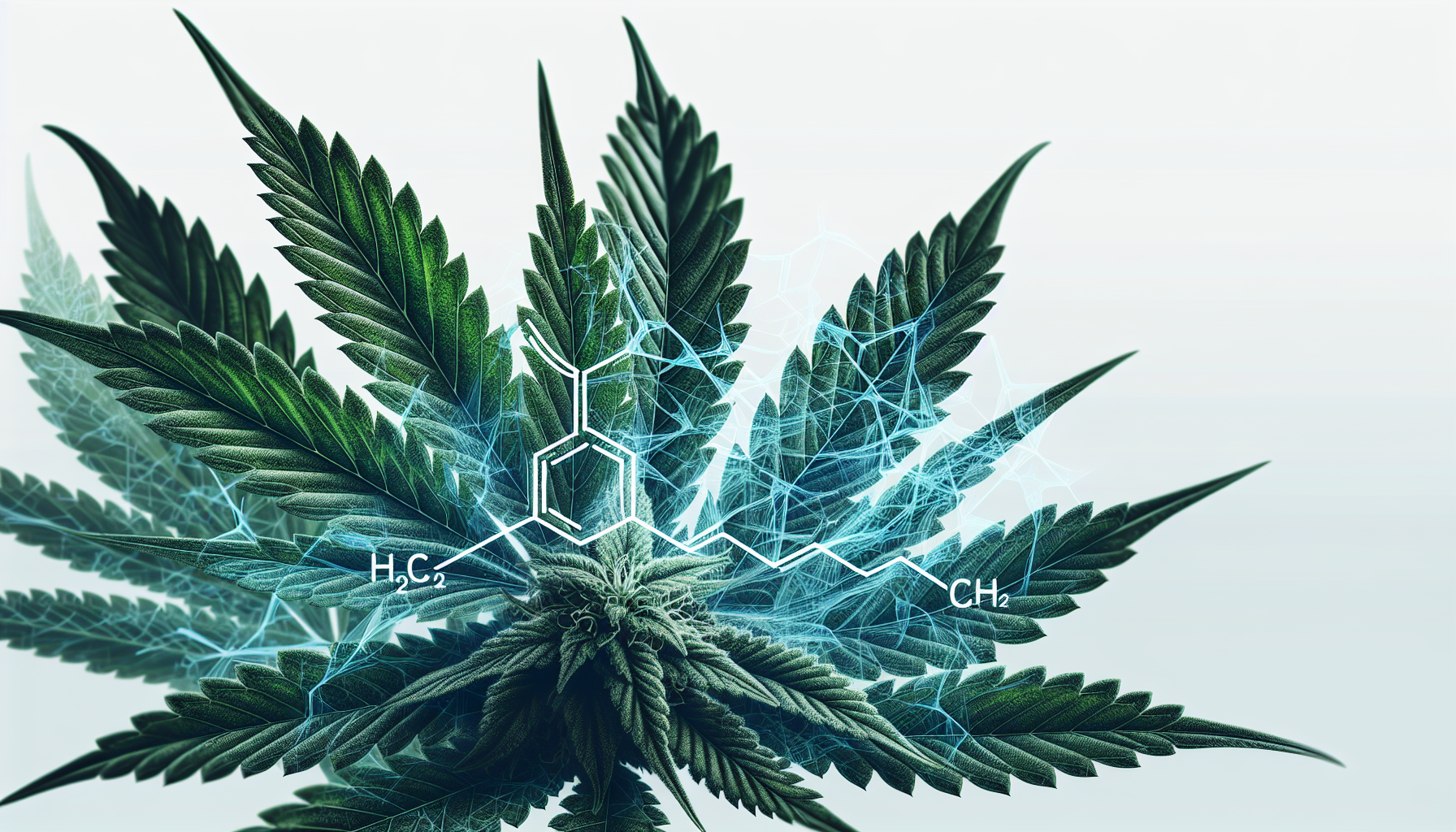
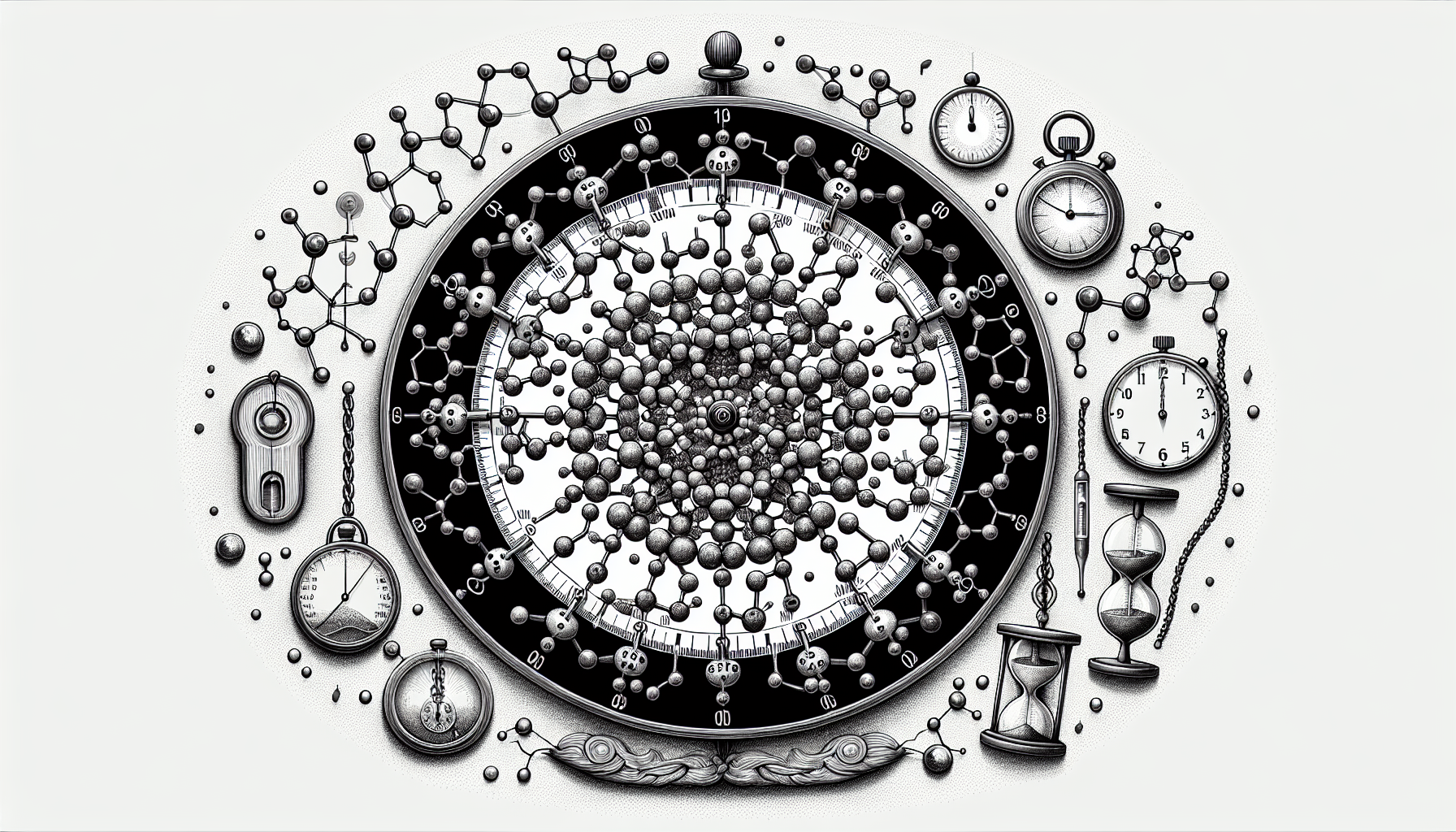
How Long Does THCA Stay in Your System?
Numerous factors can significantly influence the duration THCA remains in your system, causing wide variation. For infrequent users, THCA may remain detectable for up to three days, while heavy users might find it lingering for 30 days or more after the last use. Single-time users can typically expect THCA to stay in their system for just a few days.
The variation in duration is due to several factors, including:
- Metabolism
- Body weight
- Frequency of use
- Method of consumption
For example, due to THCA’s fat-soluble nature, those with a higher body mass index (BMI) may retain it longer in their system. Additionally, lifestyle choices such as exercise, diet, and hydration can significantly impact how long THCA stays in your system.
Factors Affecting THCA Duration
Several factors can influence how long THCA remains in your system. Metabolic rate plays a crucial role, as faster metabolism can expel THCA more quickly. Conversely, metabolic rates tend to slow down with age, potentially leading to longer retention of THCA in older individuals.
Moreover, your body mass index (BMI) also affects THCA duration. Higher BMI individuals typically have more fat tissue, which acts as a reservoir for cannabinoids, including THCA, prolonging its presence in the system. The frequency and amount of THCA consumption are also significant; regular and larger amounts may result in longer detection times.
THCA Metabolism Process
When you consume THCA, it enters the bloodstream through various methods such as oral ingestion, sublingual absorption, or inhalation. Once in the bloodstream, THCA is stored in fatty tissues and organs, gradually released back into the bloodstream over time. The liver plays a crucial role in metabolizing THC into its metabolites, which have a longer detection window in the body compared to THC itself.
Physical activity, by reducing fat stores, can aid in the release, metabolism, and excretion of stored THCA. However, factors like high cortisol levels due to stress can change how quickly the body breaks down and eliminates THCA. Regular alcohol intake can impair liver function, impeding the body’s ability to metabolize cannabinoids and possibly extending detection times.
The duration of THCA effects can vary from a few hours to up to eight hours, depending on factors such as the amount consumed and individual metabolism. These effects typically wear off gradually after this time. This variability underscores the importance of understanding how different factors can influence THCA metabolism and its detection in the body.
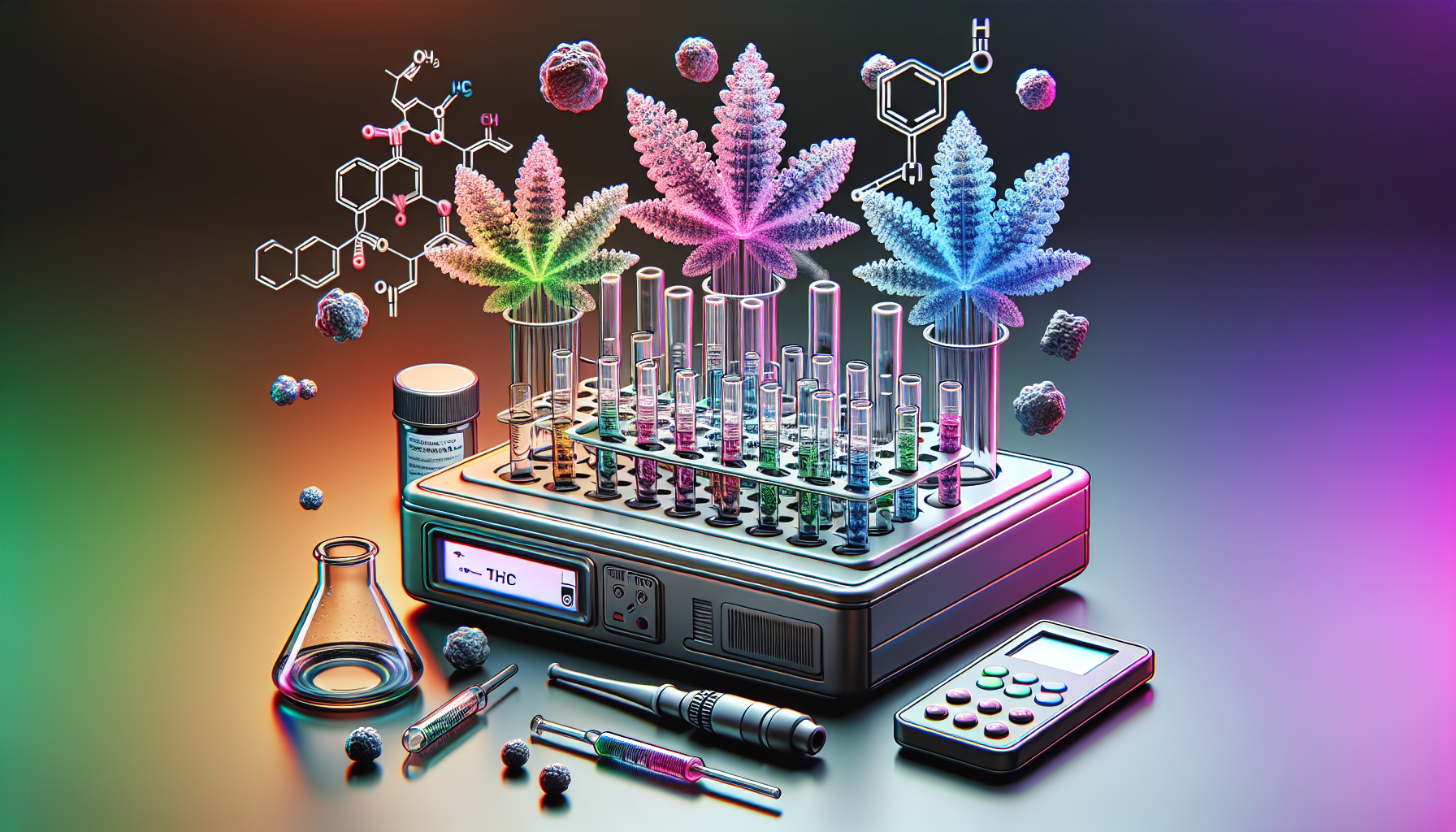
THCA Detection in Drug Tests
Rather than THCA, most standard drug tests are designed to detect THC and its metabolites, including the ability to detect thc metabolites. This means that the presence of THCA may not be identified in these tests. However, some sophisticated drug tests might detect THCA, particularly if it has been converted to THC through heating. This conversion process can make THCA detectable in drug tests designed to identify specific cannabinoids.
Different types of drug tests, including urine, blood, saliva, and hair tests, have varying sensitivities and detection windows for THCA and THC. Understanding how each test works, and their respective detection capabilities is essential for anyone concerned about THCA showing up on a drug test.
Urine Tests
Urine tests constitute one of the most prevalent methods of drug testing. Typically, these tests do not screen for THCA directly; instead, they focus on THC or its primary metabolite, THC-COOH. This means that consuming THCA in its non-psychoactive form is unlikely to result in a positive drug test unless it has been converted to THC through heating.
Usually, urine drug tests screen for substances like THC-COOH and glucuronide rather than THCA itself. THC may also be one of the substances tested for in these screenings. As a result, the likelihood of testing positive for THCA in a standard urine test is minimal.
Blood Tests
Due to their short detection window, typically within a day or week, blood tests are capable of detecting recent THCA use. This makes them suitable for drug screening, as they can effectively identify recent substance intake. Blood tests can effectively identify recent drug use because THCA has a relatively short detection window in the bloodstream. This makes them suitable for this purpose.
THC rapidly enters the bloodstream within minutes of inhalation. However, concentrations typically decrease in approximately 3-4 hours after ingestion. This rapid decrease underscores the importance of timing when it comes to blood tests for THCA detection.
Saliva Tests
Saliva tests constitute an additional method for identifying THCA consumption. These tests generally have a detection window from a few hours up to a day after consuming THCA. Saliva tests can identify recent drug use within a few hours of consumption, making them effective for short-term detection.
The presence of THCA in saliva is transient, similar to its behavior in blood, meaning it is less likely to be detected long after consumption.
Hair Tests
Though hair tests can identify THC metabolites up to 90 days or more post-consumption, they are unlikely to detect THCA itself. This is because drug tests typically target THC or its main metabolite, THC-COOH, instead of THCA. However, any THCA that has been converted to THC through decarboxylation might be detected in a hair test.
Hair tests are effective for long-term detection due to the prolonged presence of cannabinoids in hair follicles.
Can THCA Cause a Positive Drug Test Result?
If THCA is converted into THC through heating, it can generate a positive drug test result since these tests are meant to detect the psychoactive compound, THC. This conversion, known as decarboxylation, occurs when THCA is exposed to heat through processes like vaping, smoking, or cooking.
Consuming non-psychoactive THCA typically does not result in a positive drug test, unless it undergoes conversion into THC due to heat. This means that most drug tests should not detect THCA consumption. However, THCA-containing products may have traces of THC, which could lead to a positive drug test.

Methods to Expedite THCA Elimination
Several strategies can hasten the removal of THCA from your system. The body’s natural processes and time are the most reliable factors in clearing substances like THCA from the body. However, certain lifestyle choices can support and potentially accelerate this process.
Hydration, a high-fiber diet, and regular physical activity can facilitate the elimination of THCA and its metabolites. These methods, discussed in detail in the following subsections, can help you clear your system more efficiently.
Abstaining from Use
Avoiding THCA consumption is vital in purging it from the system. This is because stopping cannabis use prevents the introduction of more cannabis compounds into your body, aiding in detoxification. Abstinence from cannabis use reduces the detection window in drug tests by preventing the accumulation of THCA and THC in the system.
For those facing an upcoming drug test, halting THCA consumption is essential to ensure that any remaining cannabinoids are metabolized and excreted from the body.
Hydration and Diet
Drinking plenty of water can help flush out metabolites through urine, supporting the body’s natural detoxification process. However, drinking excessive water may temporarily dilute urine but does not significantly speed up the elimination of cannabis compounds. Clear liquids, such as water, play a crucial role in helping to flush out toxins.
In addition to hydration, a diet rich in fiber can help cleanse the gastrointestinal tract, aiding in the elimination of cannabis metabolites. Consuming antioxidants through fruits and vegetables can assist the body’s detoxification process by combating free radicals. Green tea and chili peppers can boost metabolic rate, aiding in quicker processing of cannabis compounds.
Overall, maintaining a healthy diet and staying hydrated can help the body efficiently metabolize and eliminate cannabis compounds.
Exercise
Regular exercise, such as cardio and high-intensity workouts, can boost metabolism and help eliminate THCA and its metabolites faster. Engaging in cardiovascular activities can help burn fat, where THC is stored, facilitating the elimination of THC from the body.
Burning fat through exercise can release stored cannabinoids into the bloodstream, aiding their elimination. However, after exercise, THC might be more detectable temporarily due to the release of stored cannabinoids.
Where to Buy THCA Products
If you’re seeking high-quality THCA products, NOVA Hemp is a trustworthy retailer that presents a selected range of 100% compliant THCA products, encompassing tinctures, flowers, and pre-rolls. NOVA Hemp provides a variety of THCA products, catering to different preferences with options like indica, sativa, and hybrid strains.
Securing a Certificate of Analysis (COA) for independent laboratory testing is crucial when buying THCA products. This will help ensure the quality and purity of the product before making a purchase. NOVA Hemp’s offerings can be found online, making it convenient to access premium THCA products from the comfort of your home.
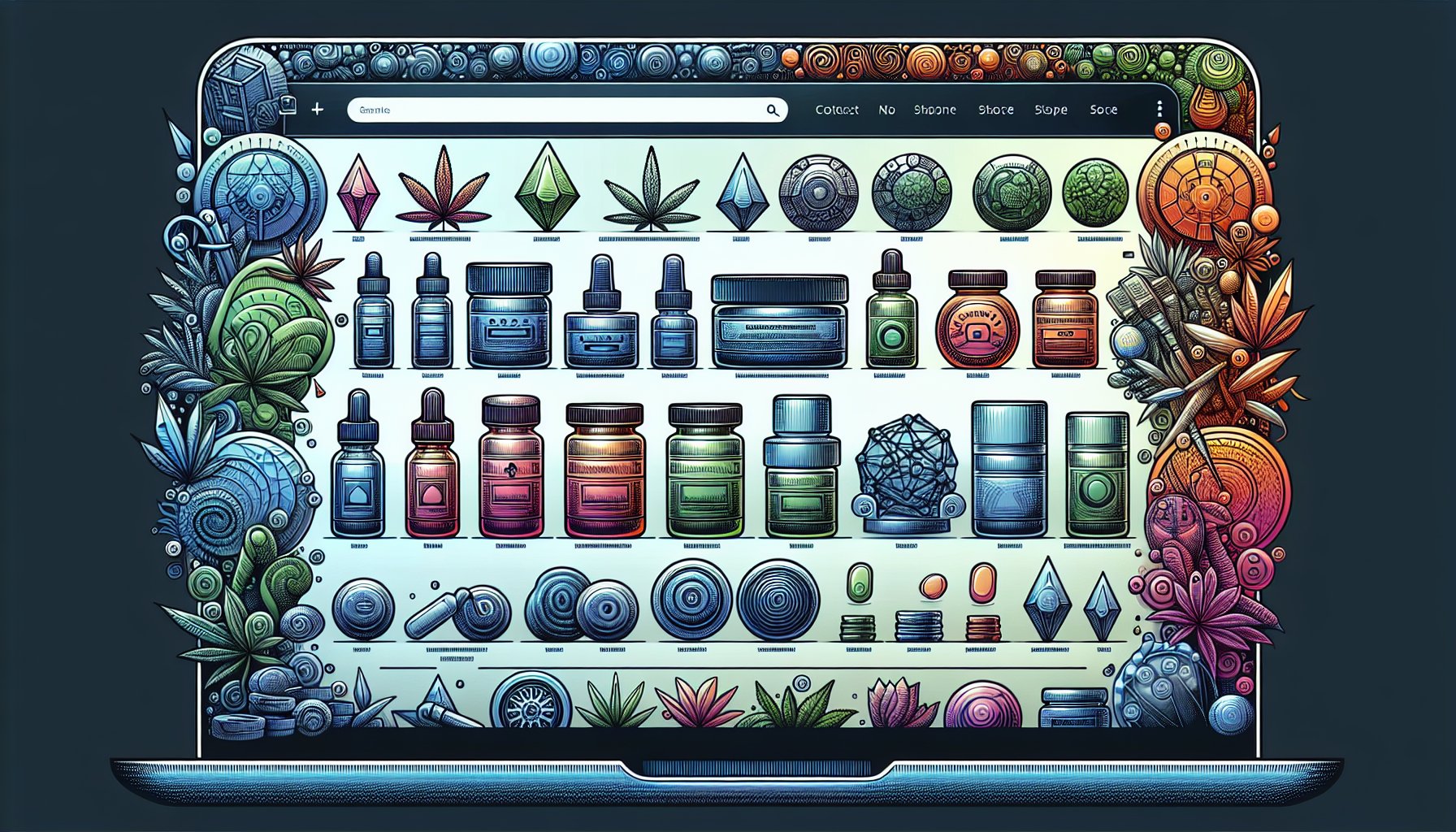
Summary
In summary, understanding how long THCA stays in your system and the factors that influence its duration is crucial for both casual and regular cannabis users. Various factors, including metabolism, body weight, and lifestyle choices, can affect the detection window of THCA and its metabolites.
Whether you’re preparing for a drug test or simply curious about THCA metabolism, the methods discussed, such as abstaining from use, staying hydrated, maintaining a healthy diet, and exercising, can support the body’s natural detoxification process. By staying informed and making mindful choices, you can navigate the complexities of THCA detection and elimination effectively.
Frequently Asked Questions
How long does THCA stay in your system?
THCA can stay in your system for a few days in infrequent users and up to 30 days or more in heavy users, depending on factors such as frequency of use, metabolism, body mass index, and lifestyle choices.
Does THCA show up on a drug test?
In conclusion, THCA is not typically targeted in standard drug tests, but it can cause a positive result if it is converted to THC through heating. Be cautious about potential conversion when considering drug testing.
Can drinking water help eliminate THCA from my system?
While drinking water can support natural detoxification, it may not provide immediate elimination of THCA, especially for frequent users. It's important to consider other factors such as metabolism and frequency of use.
What are the best methods to expedite THCA elimination from my body?
To expedite THCA elimination from your body, it's best to abstain from use, stay hydrated, maintain a high-fiber diet, and engage in regular exercise. These methods support the body's natural detoxification process.


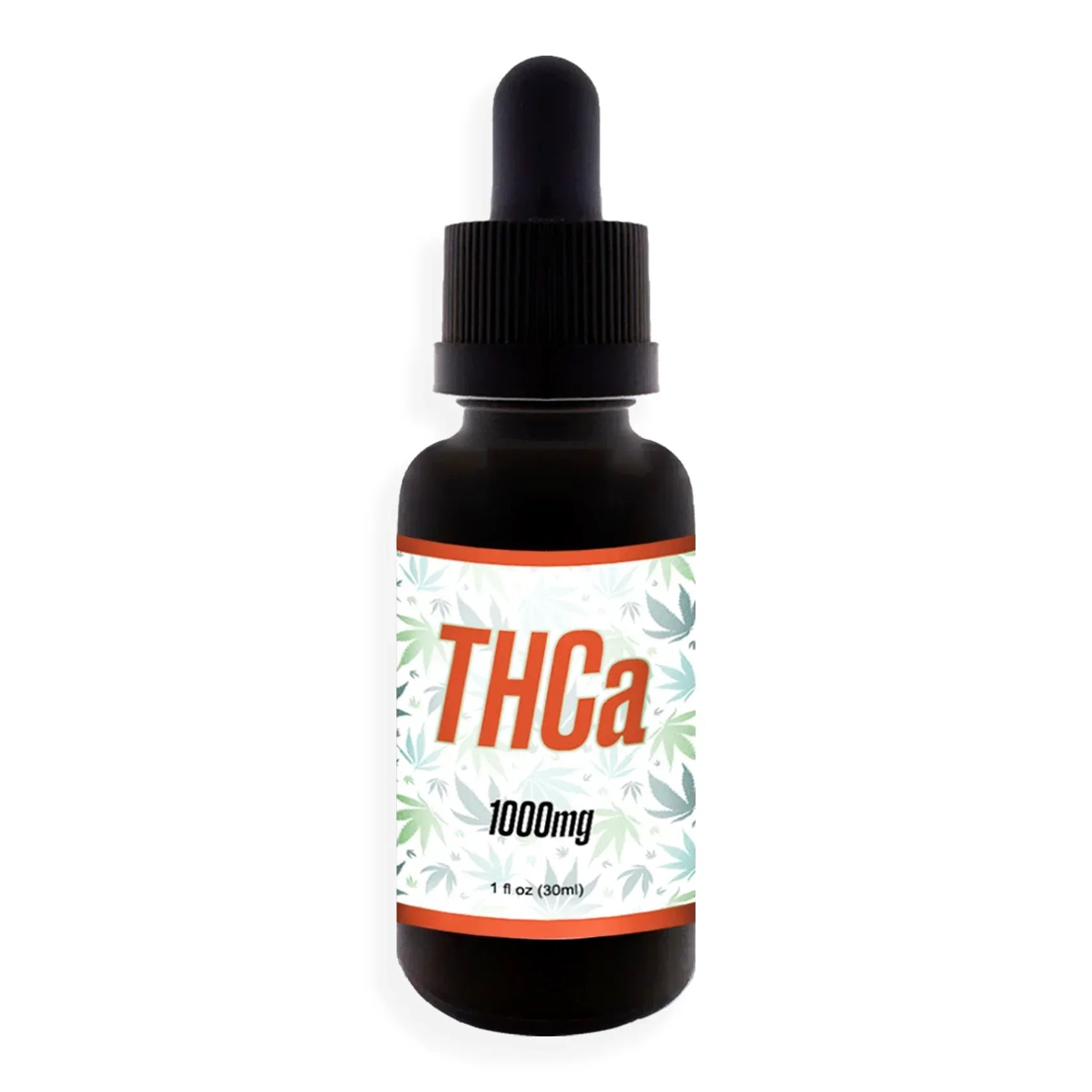



Share:
What Is CBG in Gummies?
Does THCA Get You High? Discover the Truth